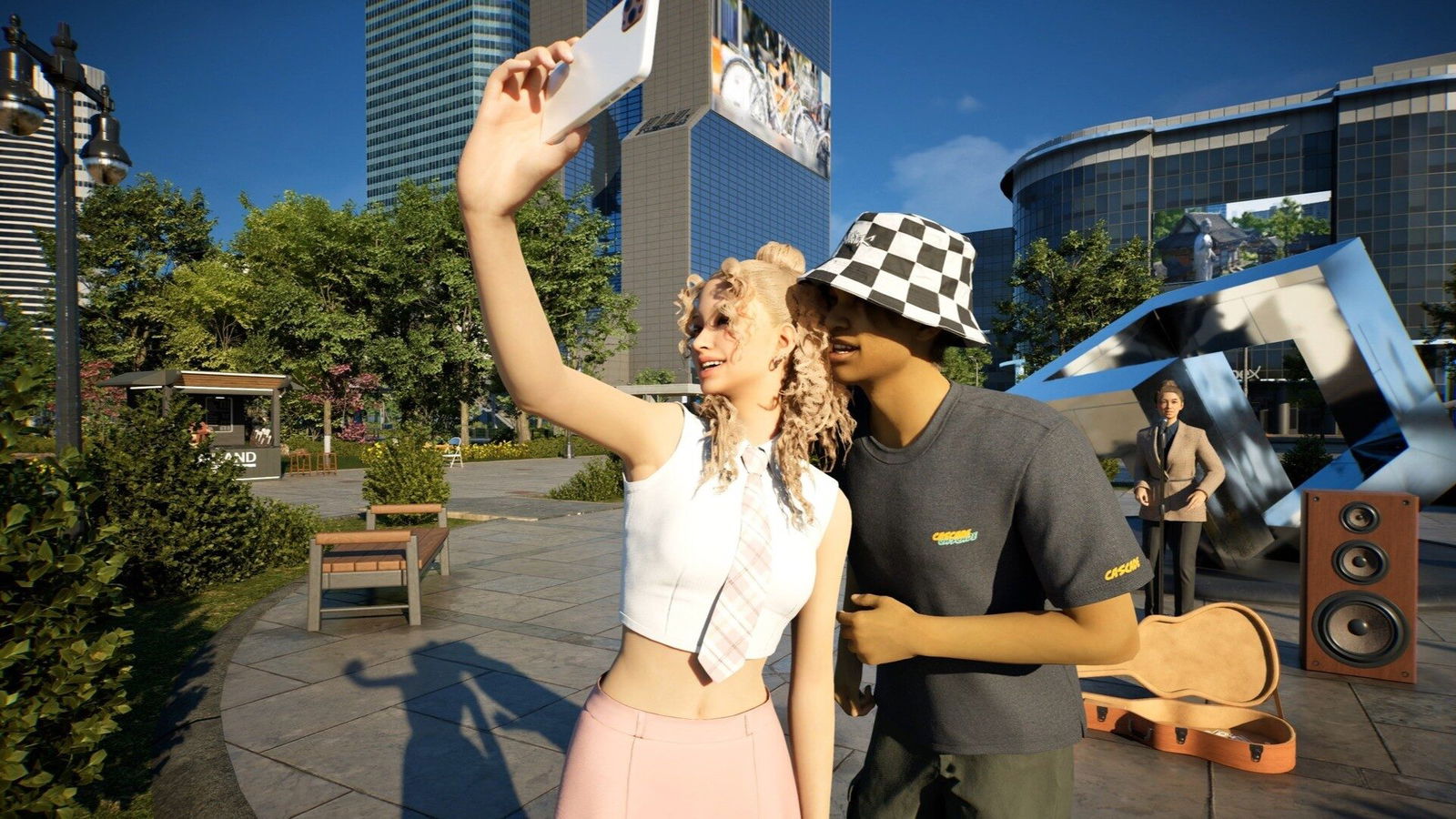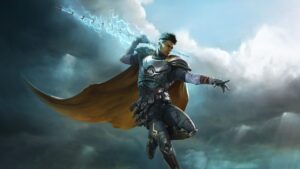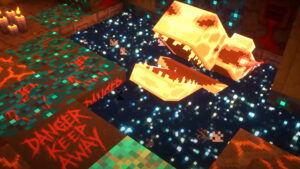In about a week since its March release in Steam Early Access, the ambitious life sim inZoi, published by South Korean gaming juggernaut KRAFTON (PUBG, The Callisto Protocol, Subnautica and more), has sold 1M copies. However, despite this tremendous achievement, the game has struggled to retain buyers in the ensuing months, with Steam Charts showing a drop from an average of 9,400 players in April to a comparatively low 1,400 players in the last 30 days.
In anticipation of the 1.0 release and, perhaps as an effort to regain momentum, the team responsible for inZoi has been working hard to address community requests, improve performance, and prepare new content and features. Most recently, patch 0.2.0 introduced a ModKit, alongside more items, more flexible gender identity settings and quality-of-life updates. Furthermore, the producer and director of inZoi, Hyungjun Kim, also known as Kjun, announced in one of his regular letters to the community that inZoi will reveal its first major DLC, which, among other things, will introduce the Indonesian-inspired city of Cahaya, during this year’s gamescom.
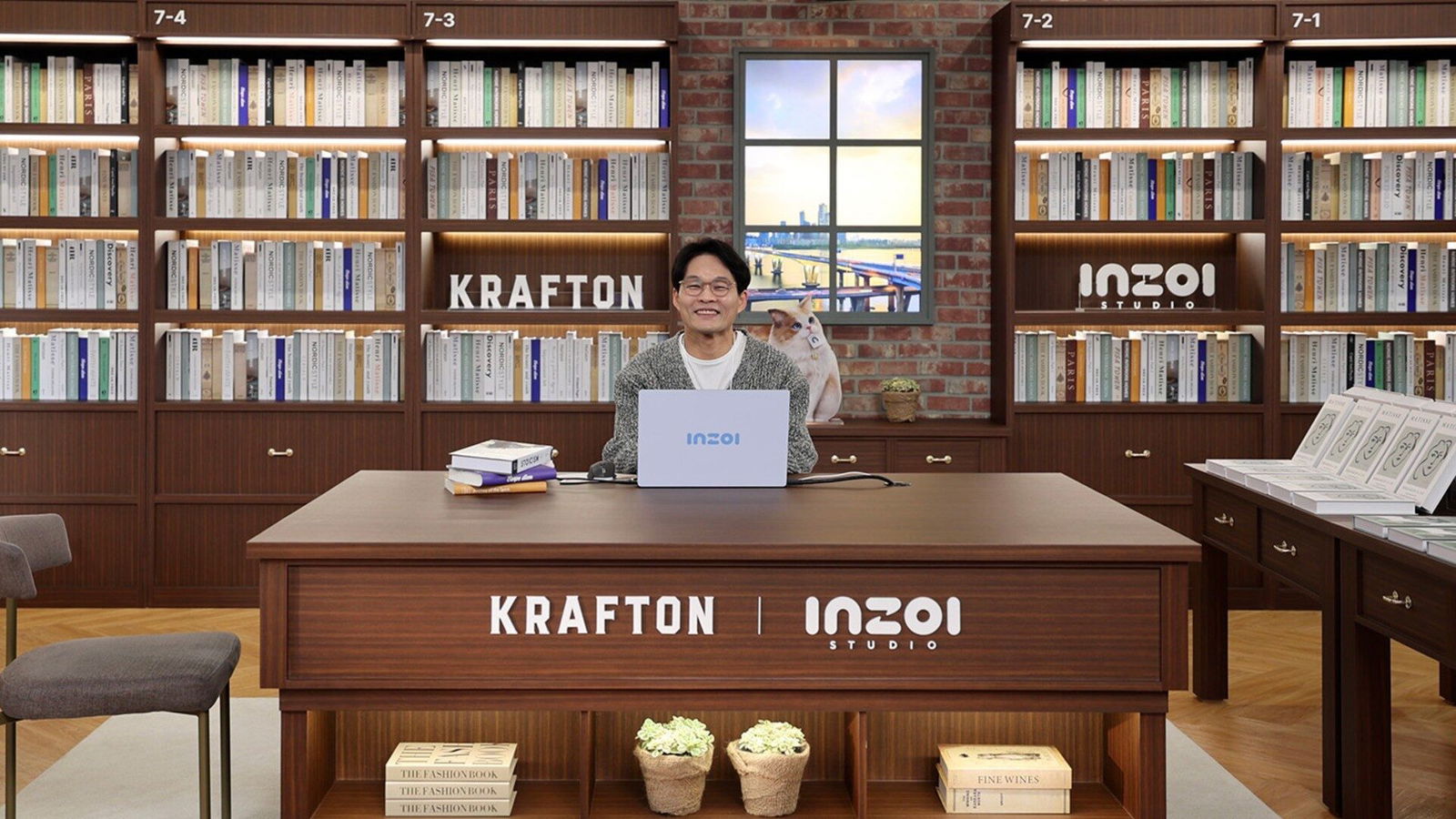
Over email, I got the chance to speak to Kjun about the biggest lessons learned since inZoi released in Steam Early Access, the reception to the latest patch and the future of the game at large:
Hello and thank you for taking my questions, Kjun! To start things off, two questions in one: what would you say is your proudest moment working on inZOI so far and the biggest lesson learned since it was released in Early Access?
Hyungjun “Kjun” Kim: Hello and thank you for the interview opportunity.
Personally, one of my proudest moments was the first time I saw my son genuinely enjoying playing inZOI. Knowing that a game I helped create could bring joy to my own child was incredibly rewarding. I was also deeply moved when longtime colleagues from the gaming industry reached out to say, “Thank you for pioneering this new genre in Korea.” Messages of encouragement from many younger developers and friends who hold an interest in life simulation games have also stayed with me and continue to mean a lot.
Since the Early Access launch, I’ve learned so much. Perhaps the biggest lesson was understanding why games in this genre so rarely appear in the world. It’s simply very, very difficult. The amount of data to manage is massive, and since the content itself is about “life,” it requires humanistic perspective and sensitivity, just like in writing an essay or a novel. That was a challenge for some of us who weren’t familiar with that kind of writing.
Another big difficulty was deciding what parts of life to focus on including in the game. It wasn’t possible to simulate life in its entirety, so we had to constantly weigh what was essential. Especially given the game’s realistic graphics, deciding which scenes to portray with realism and which to treat more abstractly was critical. In the end, we realized the key was to find a balance—allowing a certain level of “game logic” to cover some aspects, while navigating the limits of realism and representation.
That said, attempting to simulate human life through interactive systems still led to unpredictable bugs and complex code that we’re working on, even now. Looking back, if we were to do it all over again, it may have been more efficient to set up rule-based tools or mods early on and then layer mods and code on top of that foundation.
This project has been a challenging journey—for me and the team—but through all the trial and error, I believe we’re finding ourselves moving in a better direction. I’m excited for the future of inZOI, and everything that lies ahead in terms of improvement and expansion.
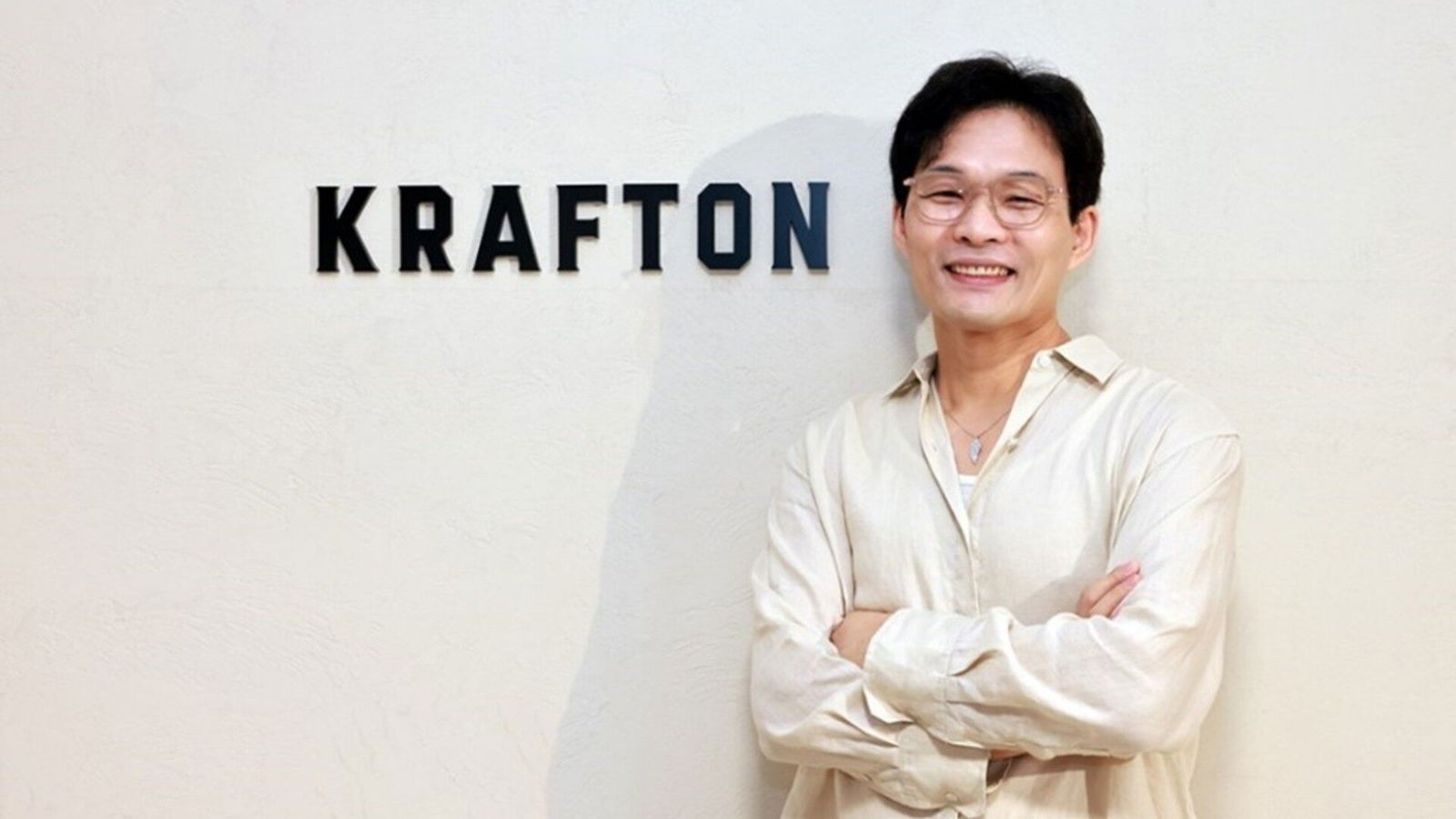
On a similar note, what player feedback/requests are you most excited to implement to inZOI?
Hyungjun “Kjun” Kim: We’ve received a lot of feedback, but one that stood out was the idea of ‘freedom in the city.’ For example, in the current version of the game, umbrellas are automatically activated when it rains and deactivated when it stops raining. But of course, there may be players who want to carry an umbrella, even when it’s not raining. We made some intentional decisions to specifically limit certain elements, but players are consistently asking for more freedom. And many have requested direct control over various aspects of the city.
Seeing players happily using the cheat feature that allowed them to freely edit site boundaries reminded us that the essence of this genre lies in designing and living the life you want. I deeply agree with that direction, and we’re focusing on gradually opening the game’s system so that players can manipulate and experience more elements themselves. In addition, we’re working on enriching the cities and street environments with more content so that there’s a solid foundation for open-ended gameplay.
Moving on, earlier this summer, inZOI received patch 0.2.0), which beyond bringing more customization options, more flexible gender identity settings and quality-of-life updates, also included the long-awaited ModKit. However, the mods policy, which stipulates some key restrictions, has not gone down well with some fans. What is your message to them?
Hyungjun “Kjun” Kim: Modding was also a completely new area for our team, so there has been a lot of trial and error throughout the development process. The current ModKit allows players to modify the appearance of outfits and furniture, as well as adjust certain options such as capabilities tied to furniture interactions. Scripting mods for inZOI are currently in development and are planned to be included in the December update.
“Ultimately, the goal of the inZoi ModKit is to allow players to modify nearly every aspect of inZoi and to create freely in their own way.”
We’re still working to enable more stable mods, meaning not all features are fully included yet. However, this is not at all meant to act as a policy restriction—it’s purely a process of technical development to elevate and polish the system. Ultimately, the goal of the inZOI ModKit is to allow players to modify nearly every aspect of inZOI and to create freely in their own way, which is what we’re continuing to work towards. We’re also aware that many players want to share their mods in a variety of ways and across different platforms.
Modding in inZOI is not structured to be exclusively shared through CurseForge—it’s designed to be easily available to anyone by simply dropping the output package file into the Mods folder of the game. This approach offers a relatively open and flexible mod-sharing environment. I believe that the creativity and imagination of our modding fans will help enrich inZOI. Stay tuned, and we’ll continue to push the boundaries of what you can create.
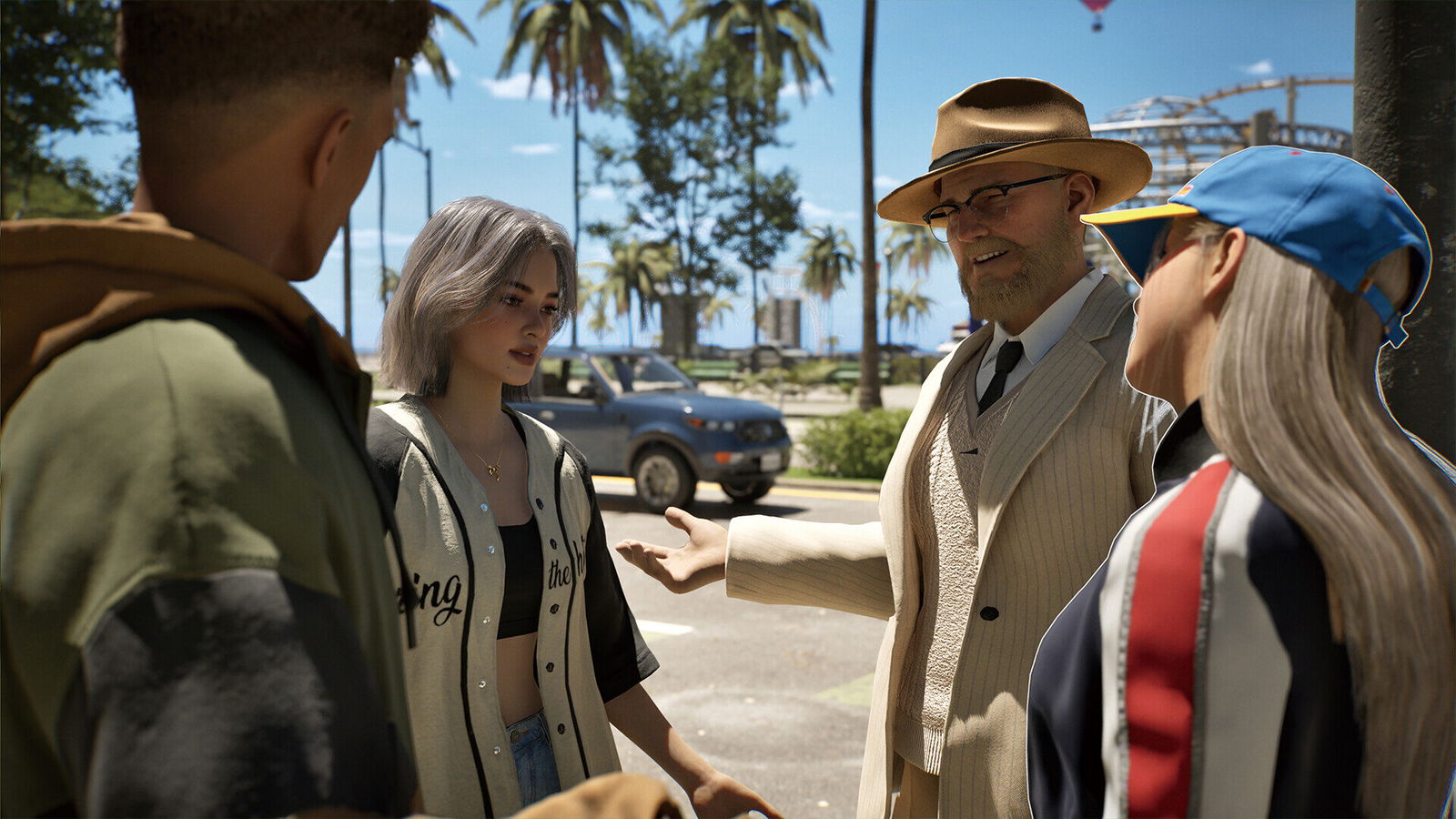
About a year ago, over on Discord, you wrote that one of the biggest difficulties in making inZOI into a game that feels relatable for everyone is a “lack of necessary insights into the different cultures around the world”. Your solution has been to have the community engage with you in “proper communication”. What have you learned from the resulting conversations and how has this made inZOI a more relatable experience, especially given the addition of Cahaya, a city inspired by the tourist areas of Indonesia?
Hyungjun “Kjun” Kim: In the early stages of development, many of the character appearances were based on Korean standards. Body types and fashion styles, for example, often reflected the Korean styles that could typically be found in K-dramas. While many may enjoy this aesthetic due to influence from K-culture, we found through direct communication with our global players that they wanted more customization options to express diversity and uniqueness.
Our conversations with international players helped us realize that there are significant cultural differences in standards for appearance. In particular, we felt this gap after our art director interacted directly with local players during gamescom last year. Since then, we’ve made ongoing efforts to reflect that feedback in the game by adding more diverse character customization elements.
We’ve received similar feedback about lifestyles. In Korea, living in an apartment is the norm, and it’s quite common for children to walk to school on their own. However, one international player felt that it was a bit odd, saying, “Why would a child go to school alone?” That feedback reminded us that real-world standards vary greatly across countries, and that we need to be mindful of more diverse perspectives. That said, the world of inZOI doesn’t exactly mirror the real world, so we couldn’t directly implement this feedback right away.
The same was true for jobs. Koreans strongly prefer certain professions, whereas international players tend to want a much wider range of career options. Of course, implementing even one profession requires significant resources, so we haven’t been able to reflect anything just yet, but we’re planning to expand steadily. Moving forward, we plan to maintain active communication with players from different cultures and create an inZOI that naturally reflects a wider range of perspectives and lifestyles.
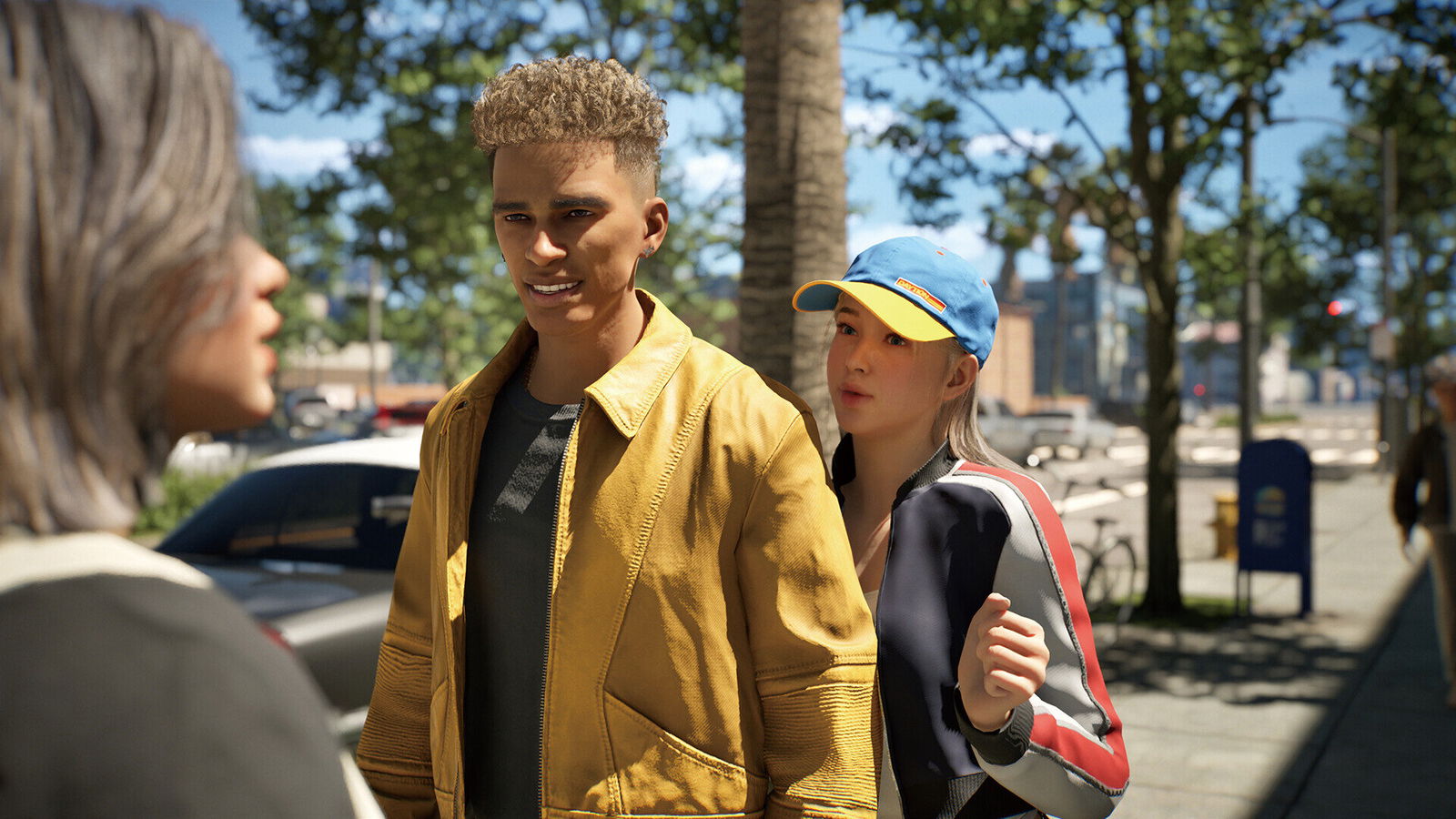
Inconsistent performance has been a sticking point so far for inZOI. And so, considering the news, from WWDC 2025, that the game will eventually be making its way to not just macOS, but also consoles, how will you and the team ensure a smooth experience for players across the board?
Hyungjun “Kjun” Kim: As you said, inZOI is currently being prepared for release on console and macOS. The macOS version has especially been supported by Apple in various aspects such as optimization and QA, and we’re looking forward to the results. The console version is relatively easier to optimize than PC, since console has fixed hardware specs whereas PC requires consideration of various environments. For PC, each user has a different combination of hardware and software, making it difficult to ensure consistent performance.
Console, on the other hand, offers a single playing environment across all users around the world, so we expect there will be a smaller gap between what the developers experience during testing and what players actually experience. The development team is currently focused on ensuring that all PC-based content is ported seamlessly to consoles, and we’re also putting in a lot of effort in terms of interface and controls to provide consistent user experience (UX) across platforms.
“The game isn’t complete yet, but we’re committed to building and growing the game together with our players.”
Finally, what can inZOI players expect from the game in the following months and even years?
Hyungjun “Kjun” Kim: The reason inZOI released in Early Access at a relatively early stage is that there is still a great deal that needs to be built as a life simulation game. We were literally ‘rookie developers,’ starting with zero experience in the genre, so inZOI still has many rough edges and room for improvement. We’re working on fixing each aspect one by one through feedback from our players, and we’re getting there.
That’s why we chose Early Access, and why we’re offering all updates for free until the full release. The game isn’t complete yet, but we’re committed to building and growing the game together with our players. Right now, there is a lot of data that hasn’t been fully implemented yet in inZOI, like the precision of the simulation or making your Zoi behave like a natural person. We’re working on adding that data, but we’re also realizing just how endless and massive a task it is to simulate ‘life.’
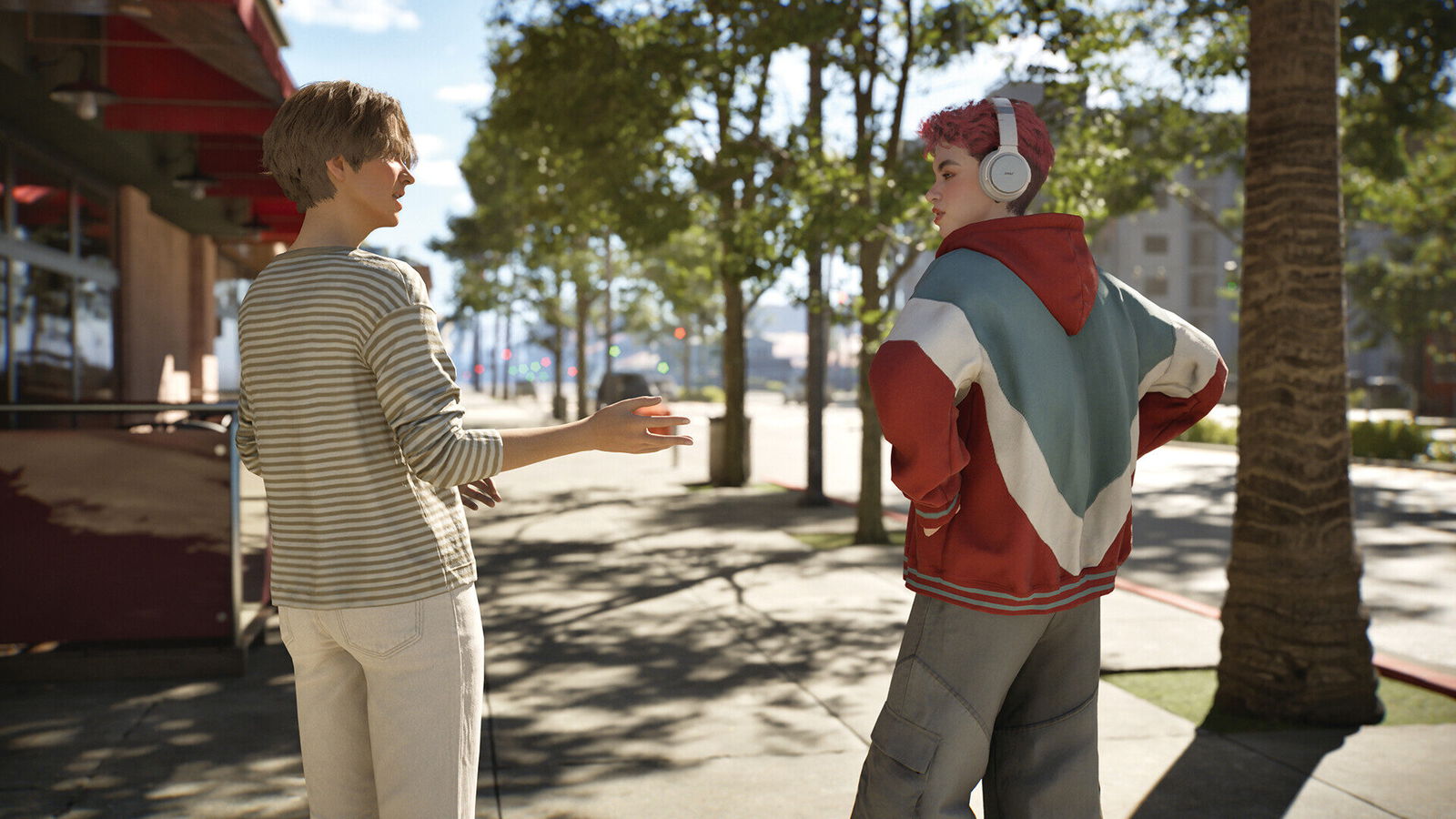
In the future, we plan to focus on further refining the core systems, so that we can gradually add to the life simulation experience. At the same time, we’ll be delivering more content updates to provide new cities and life stories. A good example of this is the Cahaya map, which will introduce a variety of content like swimming pools and swimming systems, new vehicles, farming, and foraging systems. We’ll also be adding features and interaction elements so that players can go inside buildings that currently exist only as background. We’re looking forward to increasingly enriching what players can do and experience in the city and its streets.
Looking even further ahead, we hope to eventually evolve inZOI into a simulation where we use AI for characters to make autonomous decisions, express emotions and judgment, and behave in ways that feel naturally believable. That’s the long-term dream.
inZOI is now available in Steam Early Access. inZOI’s first DLC, Cahaya, is set to have its full reveal during Gamescom Opening Live on August 19th.
